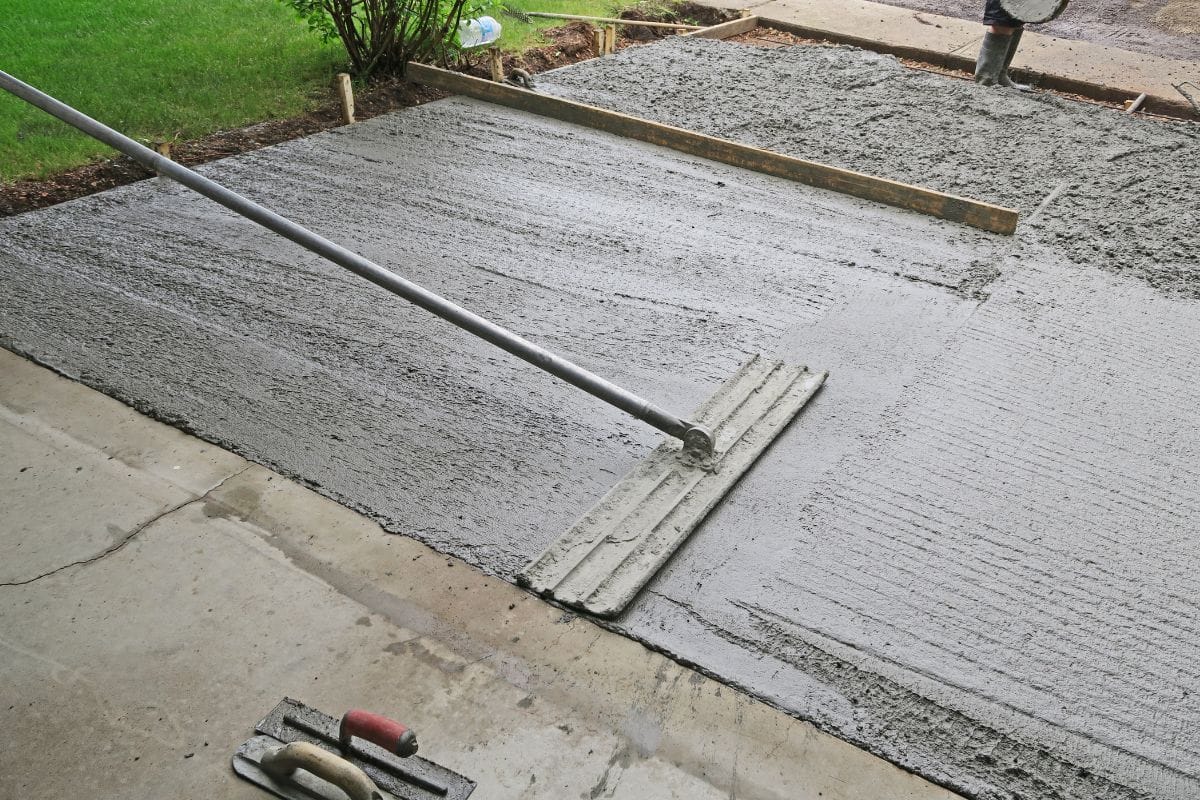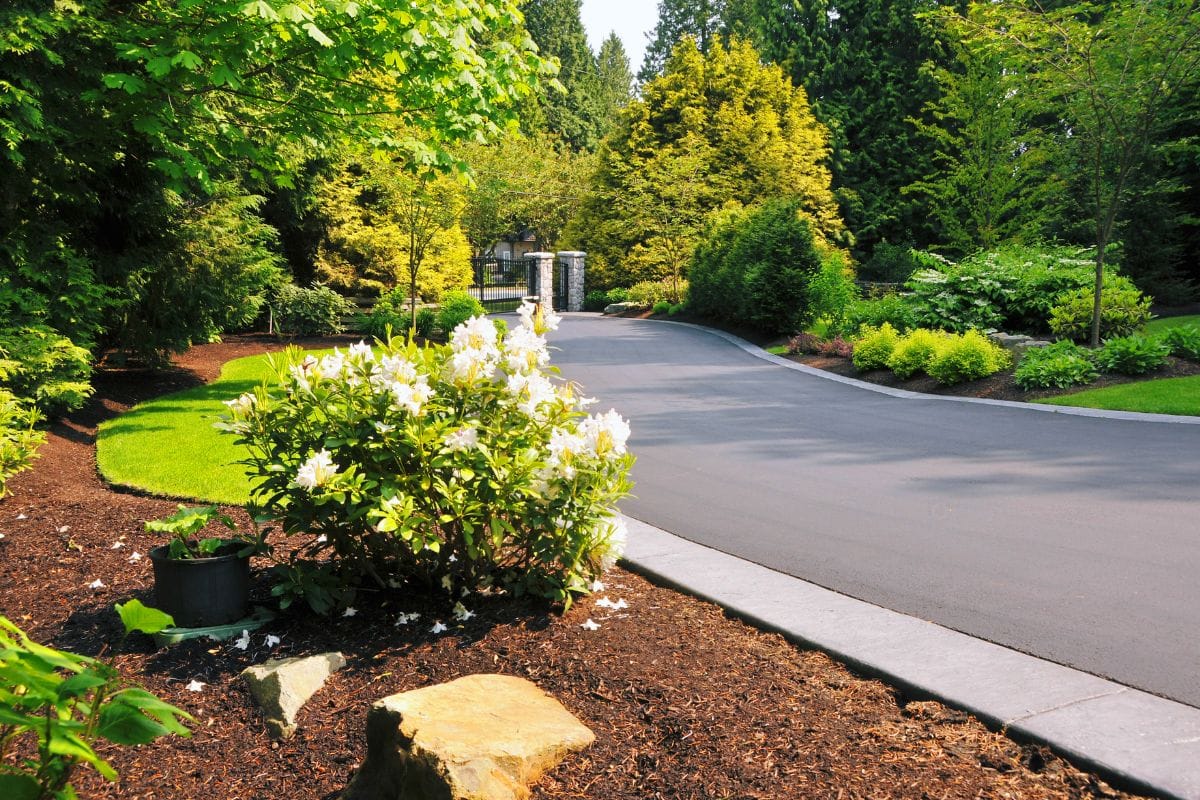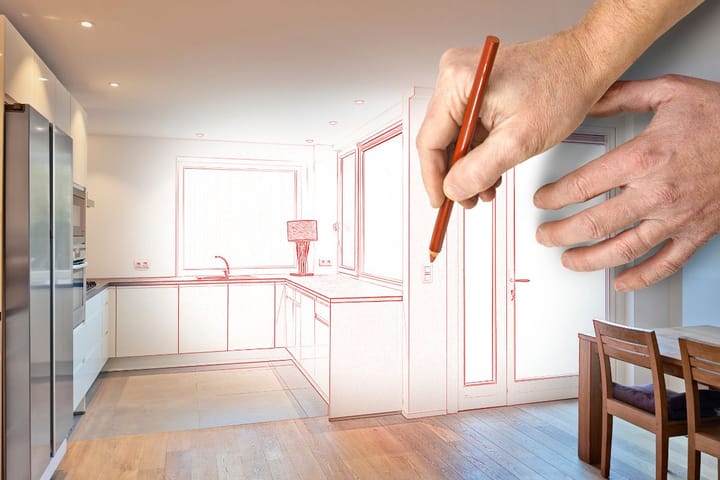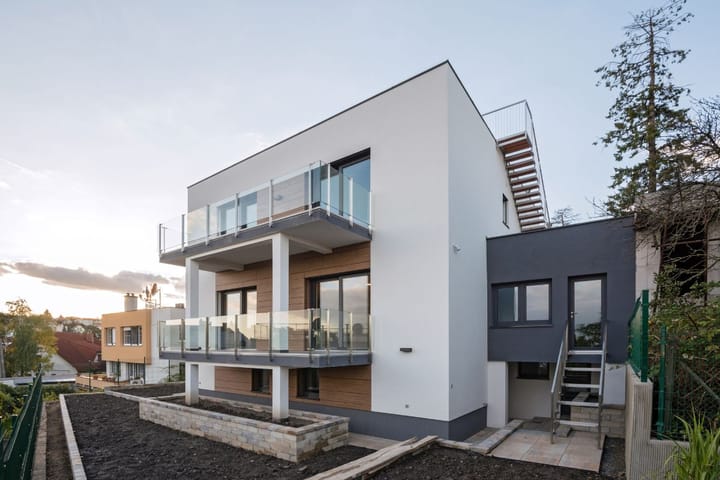Paving Paradise: Key Considerations for Planning a Driveway
Key tips for the perfect driveway: From choosing materials to hiring contractors, ensure the best fit for your home in just a few steps.

Planning a driveway may seem straightforward, but several essential considerations are needed to guarantee you have the perfect driveway for your home. Whether you're considering installing new driveway materials or just learning how to choose commercial paving contractors, these key considerations will help you make the right choices.
Determine your Needs
Before diving into the specifics, take some time to assess your needs. Consider how many vehicles you need a gravel driveway to accommodate, how much space you have, and your home's architectural style. These variables will have a major impact on your driveway layout project.
Choose the Right Material
The choice of material is one of the most important considerations when planning a driveway. You can opt for various materials such as gravel, concrete, asphalt, clay bricks, stamped concrete, block paving, natural stone, and more.
Asphalt paving is highly preferred for its durability, smooth finish, and cost-effectiveness. It’s ideal for colder climates as it resists freeze-thaw damage and can be easily repaired if cracks develop. However, it requires periodic sealing to maintain its longevity.


Each material has advantages and disadvantages, so pick one that suits your style and budget.
Think about Drainage
Proper drainage is essential to prevent flooding and ensure your driveway lasts for years. Consider permeable surfaces like permeable paving or angular gravel, which allow water to seep through the ground and reduce runoff.
Design your Driveway Layout
The layout of your driveway matters a lot. You can choose straight driveways, curved driveways, or horseshoe driveways, or create a unique design that complements your home's exterior. The layout should also consider the natural topography of your property and direct access points to the street.
Assess your Curb Appeal

Your driveway is a significant part of your home's curb appeal. A well-designed driveway can enhance the front yard's and your property's overall aesthetics. Consider adding curves, using natural materials, and incorporating landscaping elements to give your curved driveway more character.
Comply with Local Codes
It's essential to know local codes and regulations when planning your driveway. These codes may dictate the type of materials you can use for a concrete driveway, the size of your straight driveway, and other important considerations.
Budget Upfront
Consider the up-front cost of your driveway project. Different materials and designs, like a horseshoe driveway, have varying price tags. Ensure your budget aligns with your choices and expectations.
Regular Maintenance
Remember that driveways require regular maintenance. Depending on the material choice, you may need to seal, patch, or clean your driveway surface periodically to keep it looking its best.

The durability of existing asphalt or concrete is a vital factor in maintaining it.
Parking Space
Think about how much parking space you need. If you live on a busy street, consider how easy it is to safely access your car or driveway. You may need to plan for extra space and visibility to enter and exit your property.
Assess the Surrounding Landscape
If you have trees, gardens, or other landscaping elements near your garage or driveway, ensure they are preserved and integrated into the design. A well-designed driveway should harmonize with the natural beauty of your property.
Architectural-style Integration
Consider how your driveway design aligns with your home's architectural style to create a cohesive look. The driveway should complement the overall aesthetics of your property, making it an integral part of its visual appeal.
Conclusion
Planning a driveway is crucial to enhancing your home's functionality and curb appeal. Consider all the critical factors, from material choice to design, drainage, and local regulations, to create a driveway that serves its purpose and adds beauty and value to your property.




Comments ()